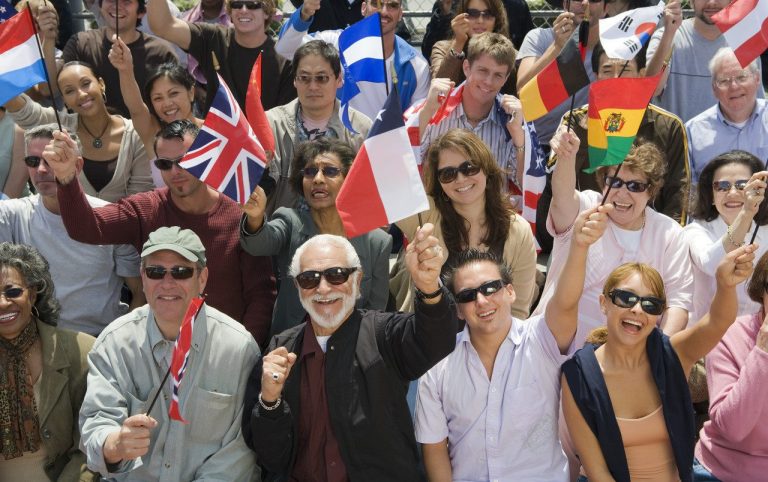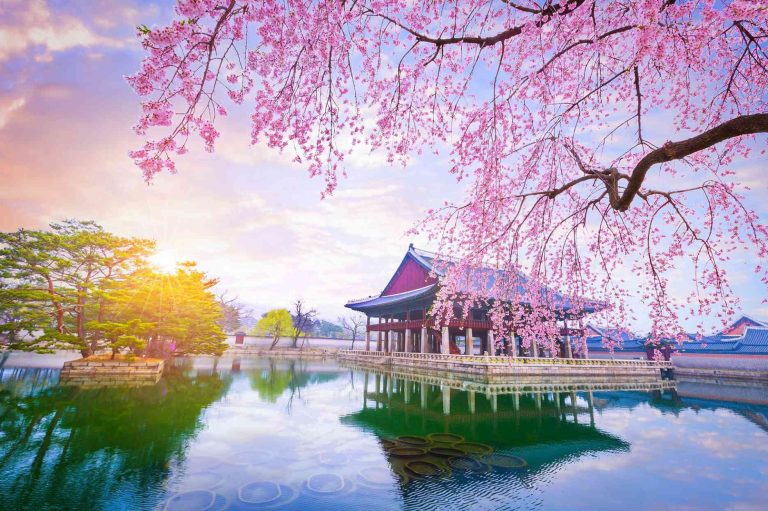.
Agra, a city located in northern India, is renowned for its rich history and breathtaking architecture, making it a must-visit destination for travelers. Home to the world-famous Taj Mahal, a UNESCO World Heritage site, Agra offers visitors a glimpse into the grandeur of Mughal architecture. Beyond the Taj Mahal, you can explore the impressive Agra Fort and the serene tomb of Itimad-ud-Daulah, often referred to as the "Baby Taj." Strolling through the bustling markets, sampling local cuisine, and witnessing the vibrant culture are experiences that truly enrich a visit to Agra. Whether you're an architecture enthusiast, a history buff, or simply seeking adventure, Agra promises an unforgettable journey through India's rich heritage.
Featured Destinations
Mumbai, also known as the "City of Dreams," is a vibrant and bustling metropolis in India that offers a unique blend of history, culture, and modernity. From the iconic Gateway of India to the bustling markets of Colaba, there is no shortage of things to see and do in this dynamic city. Whether you're exploring the historic sites, sampling the delicious street food, or taking in the breathtaking views of the Arabian Sea, Mumbai is sure to leave a lasting impression on anyone who visits.
New Delhi, the capital city of India, is a vibrant and bustling metropolis that offers a unique blend of history, culture, and modernity. From the majestic Red Fort and the iconic India Gate to the bustling markets of Chandni Chowk and the serene Lotus Temple, there is no shortage of things to see and do in this dynamic city.
Tips to travel to India
Traveling to India offers a rich tapestry of experiences, from vibrant cultural festivals to breathtaking natural landscapes and historic landmarks. Here are some tips to help you make the most of your trip:
Visa Requirements: Check the visa requirements for your nationality before traveling to India. Most visitors need to obtain a tourist visa before arrival. Ensure that your passport has sufficient validity for the duration of your stay and apply for the appropriate visa well in advance of your trip.
Best Time to Visit: India has diverse climates across different regions. The best time to visit depends on your interests and the areas you plan to explore. The winter months (October to March) are generally considered the best time to visit, with mild temperatures and clear skies. Summer (April to June) can be hot, especially in northern and central India, while the monsoon season (July to September) brings heavy rains to many parts of the country.
Health Precautions: Consult with your healthcare provider regarding vaccinations and preventive measures for traveling to India. Pack any necessary medications, including over-the-counter remedies for common ailments. Be cautious when consuming street food and drink bottled or purified water to avoid stomach issues. Travel insurance with medical coverage is recommended in case of emergencies.
Currency and Payments: The official currency of India is the Indian Rupee (INR). Credit and debit cards are widely accepted in major cities and tourist areas, but it's advisable to carry some cash for smaller purchases and transactions, especially in rural areas and markets. ATMs are available in urban areas for withdrawing cash in local currency.
Transportation: Getting around in India can be done through trains, buses, taxis, auto-rickshaws, and rental cars. Indian Railways operates an extensive train network that connects major cities and towns, offering a convenient and economical mode of transportation. Public buses are available for traveling within cities and to nearby towns, but be prepared for crowded conditions and limited English signage. Taxis and auto-rickshaws are convenient for short trips within urban areas, while rental cars are available for exploring remote areas and scenic routes.
Accommodation: India offers a wide range of accommodation options, including hotels, guesthouses, hostels, and homestays. In major cities like Delhi, Mumbai, and Jaipur, you'll find a variety of lodging options catering to different budgets and preferences. Book accommodations in advance, especially during peak tourist seasons and major holidays.
Language: Hindi is the official language of India, but English is widely spoken, especially in tourist areas and by the educated population. India has a diverse linguistic landscape, with many regional languages spoken across different states. Learning a few basic phrases in Hindi can enhance your travel experience and facilitate communication with locals.
Cultural Etiquette: Familiarize yourself with Indian customs and etiquette to show respect for local culture. When visiting temples and religious sites, dress modestly and remove your shoes before entering sacred spaces. Avoid public displays of affection and dress appropriately, especially in conservative areas. Ask for permission before taking photos of people, especially in rural communities.
Explore Cultural Heritage: India is home to a rich cultural heritage with thousands of years of history. Visit iconic landmarks such as the Taj Mahal, Red Fort, Qutub Minar, and Jaipur's City Palace to learn about India's architectural marvels and imperial past. Explore traditional markets, bazaars, and historic neighborhoods to experience local customs and way of life.
Food and Cuisine: India is known for its diverse and flavorful cuisine. Sample regional dishes such as curry, biryani, dosa, and street food specialties like chaat and samosas. Be adventurous and try new dishes, but be cautious of food hygiene, especially when eating street food. Stick to bottled or purified water and avoid ice in drinks to prevent stomach issues.
By keeping these tips in mind, you can have a memorable and enriching experience exploring the beauty, culture, and diversity of India.
Itaca Tours, LLC - itacatours.com
120 Park Plaza Dr Apt 3316 - 07094 - Secaucus, United States | Telephone +12154302918
Privacy Policy | ©Copyright. All rights reserved.
We need your consent to load the translations
We use a third-party service to translate the website content that may collect data about your activity. Please review the details in the privacy policy and accept the service to view the translations.


